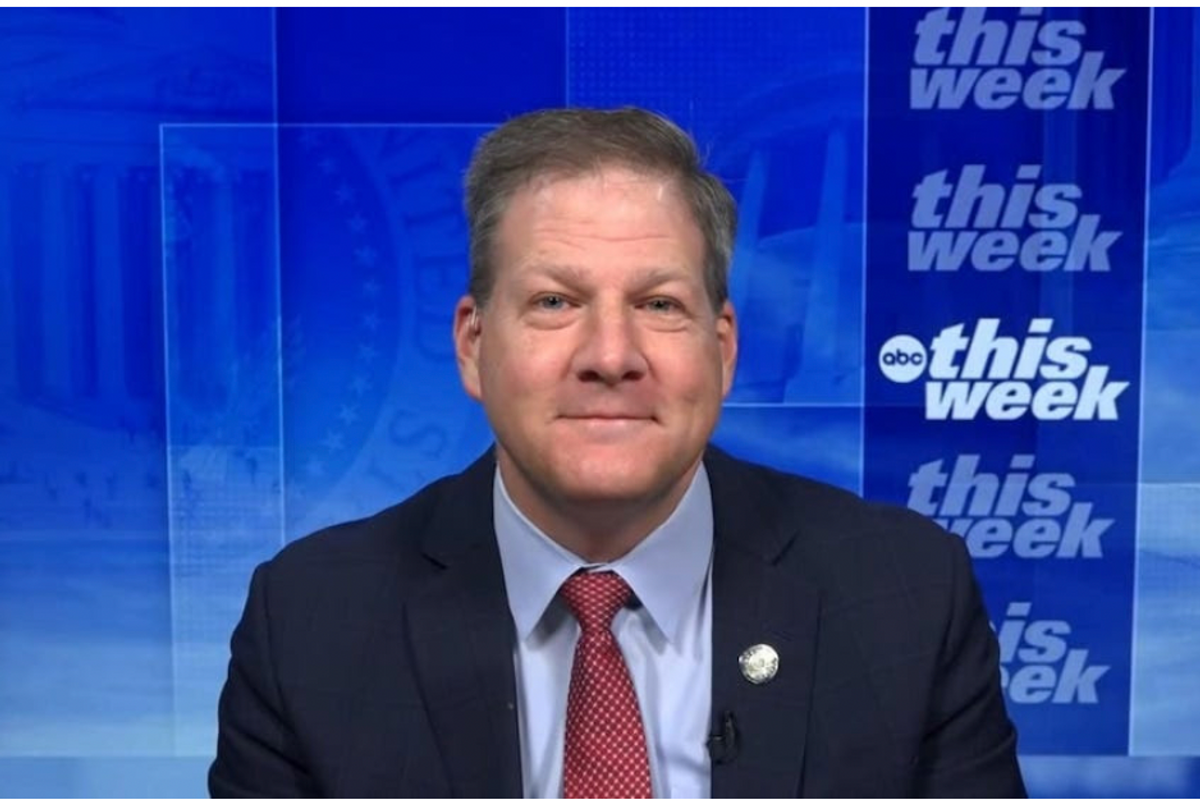
By Karen Kaplan, Los Angeles Times
About 7 in 10 patients who go to a doctor seeking treatment for acute bronchitis wind up leaving their appointment with a prescription for an antibiotic, according to a new study in the Journal of the American Medical Association. That’s a problem, the study authors say, because the ideal prescription rate should be 0 percent.
That’s right, a big fat zero. Zip. Nada. Zilch.
More than 40 years of clinical trials have demonstrated that antibiotics do not help patients with acute bronchitis. On top of that, the Centers for Disease Control and Prevention have been emphasizing this fact for the last 15 years, as has the Healthcare Effectiveness Data and Information Set for nearly 10 years, the JAMA report says.
But it doesn’t seem that the message has gotten through to doctors. Not only are physicians continuing to write prescriptions for the medications, but they also did it more frequently in 2010 than they did in 1996, the study authors found.
Researchers from Brigham and Women’s Hospital in Boston analyzed data from two national surveys that track patients who are seen in medical clinics (including pediatric practices) or in hospital emergency departments. Records between 1996 and 2010 identified 3,153 patients whose only medical complaint was acute bronchitis, a respiratory disease that makes people cough and is over in less than three weeks. (Patients who also had other problems, including chronic pulmonary disease or infectious diseases, were excluded from the analysis.)
During the entire study period, 36 percent of those patients got a prescription for an extended macrolide, a group that includes such workhorses as azithromycin and erythromycin. Another 35 percent got an Rx for a broad-spectrum antibiotic, including fluoroquinolones, aminopenicillins and cephalosporins. Altogether, the antibiotic prescription rate was 71 percent, the researchers found.
Use of the broad-spectrum drugs fell slightly during the study period, though the difference wasn’t large enough to be statistically significant, the researchers reported. However, there was a distinct rise in the use of extended macrolides, with the prescription rate increasing from 25 percent between 1996 and 1998 to 41 percent between 2008 and 2010, according to the study.
Over the 14 years of the study, 72 percent of doctors in primary care practices gave their patients some kind of antibiotic for acute bronchitis. So did 69 percent of the doctors treating patients in hospital emergency departments. Both groups of physicians seemed to lay off the drugs a little bit between 1999 and 2001, but that trend didn’t last.
The study authors sounded somewhat exasperated about the fact that a figure that should be 0 percent was actually 71 percent. “Avoidance of antibiotic overuse for acute bronchitis should be a cornerstone of quality health care,” they wrote.
The CDC and other health groups are concerned that the overuse of antibiotics is helping to fuel the rise in drug-resistant pathogens, including strains of tuberculosis, Staphylococcus aureus and E. coli. This month, one of the World Health Organization’s top officials for health security warned that “the world is headed for a post-antibiotic era, in which common infections and minor injuries which have been treatable for decades can once again kill.”
“Effective antibiotics have been one of the pillars allowing us to live longer, live healthier and benefit from modern medicine,” said Dr. Keiji Fukuda, who led a report on the state of antimicrobial resistance around the world. “Unless we take significant actions … the implications will be devastating.”
Photo via Flickr


